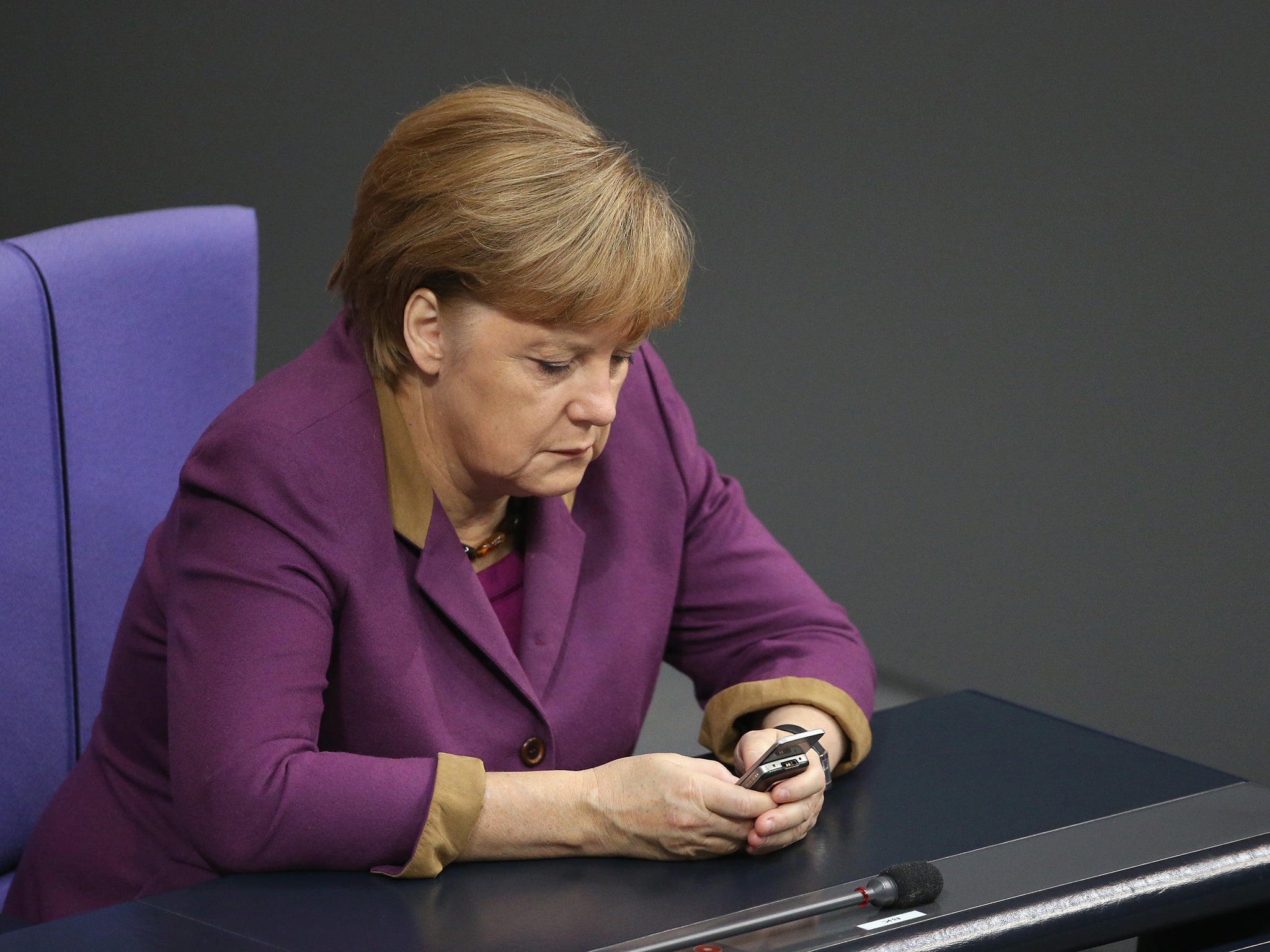EU to scrap roaming charges in 2017, force networks to uphold net neutrality
From April 2016, networks will be restricted to maximum charges — and then from 2017 extra fees will be banned entirely

The European Union is to do away with roaming charges on the continent, letting people avoid huge fees for downloading on holiday, and will force internet providers to conform with net neutrality.
From June 2017, phone calls and data will have to cost the same wherever people are, the EU has said. From April 2016, certain maximum charges will go in place as a transitional measure.
At the moment, some regulators charge huge fees to use even tiny amounts of data abroad.
To ensure that people don’t abuse the system — by buying a cheap SIM from another country, for instance — fair use rules will apply that will limit the amount of data and calls that people can make from another country.
European negotiators have also reached an agreement on so-called net neutrality rules, which will see internet providers banned from blocking or slowing down access to particular content, services or applications.
Andrus Ansip, the European Commission's vice-president for the Digital Single Market, said: "Europeans have been calling and waiting for the end of roaming charges as well as for net neutrality rules. They have been heard.
"We still have a lot of work ahead of us to create a Digital Single Market. Our plans to make it happen were fully endorsed by heads of state and government last week, and we should move faster than ever on this."
Gunther H Oettinger, commissioner for the Digital Economy and Society, said: "I welcome today's crucial agreement to finally end roaming charges and establish pragmatic net neutrality rules throughout the EU.
"Both are essential for consumers and businesses in today's European digital economy and society.
"We will build on these important foundations in our forthcoming review of the EU's telecoms legislation."
The EC said a series of technical conditions need to be fulfilled in order to abolish roaming charges, but it is "fully committed to implementing those conditions and making sure that the end of roaming charges is operational as of day one".
Roaming charges will become cheaper from April next year, when operators will only be able to charge a small additional amount to domestic prices of up to 0.05 euro (3p) per minute of call made, 0.02 euro (1p) per SMS sent, and 0.05 euro (3p) per MB of data, excluding VAT.
Under the new net neutrality rules, users across the EU will be free to access the content of their choice and will no longer be unfairly blocked or slowed down.
This means access to a start-up's website will not be unfairly slowed down to make way for bigger companies, the EC said.
No service will be hampered because it does not pay an additional fee to internet service providers.
All internet traffic will be treated equally, subject to strict and clearly identified public-interest exceptions such as network security or combating child pornography.
Following today's agreement, the rules will have to be formally approved by the European Parliament and the Council.
Additional reporting by Press Association
Join our commenting forum
Join thought-provoking conversations, follow other Independent readers and see their replies
Comments
Bookmark popover
Removed from bookmarks